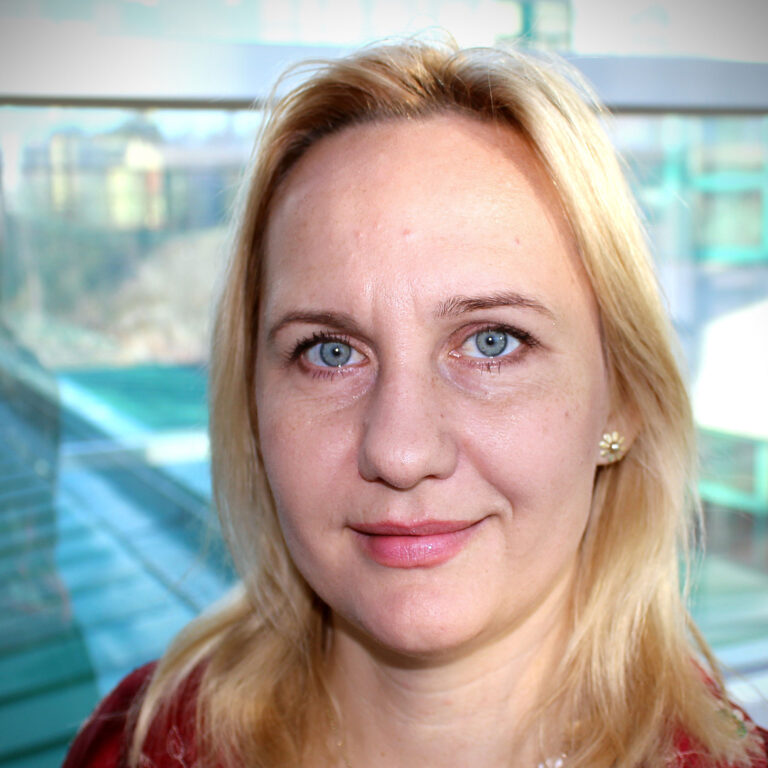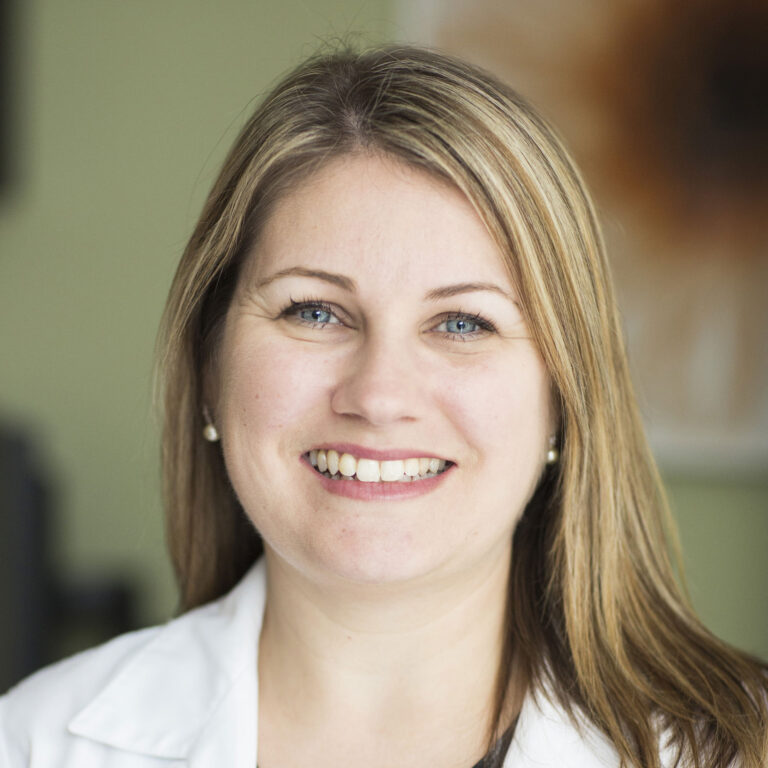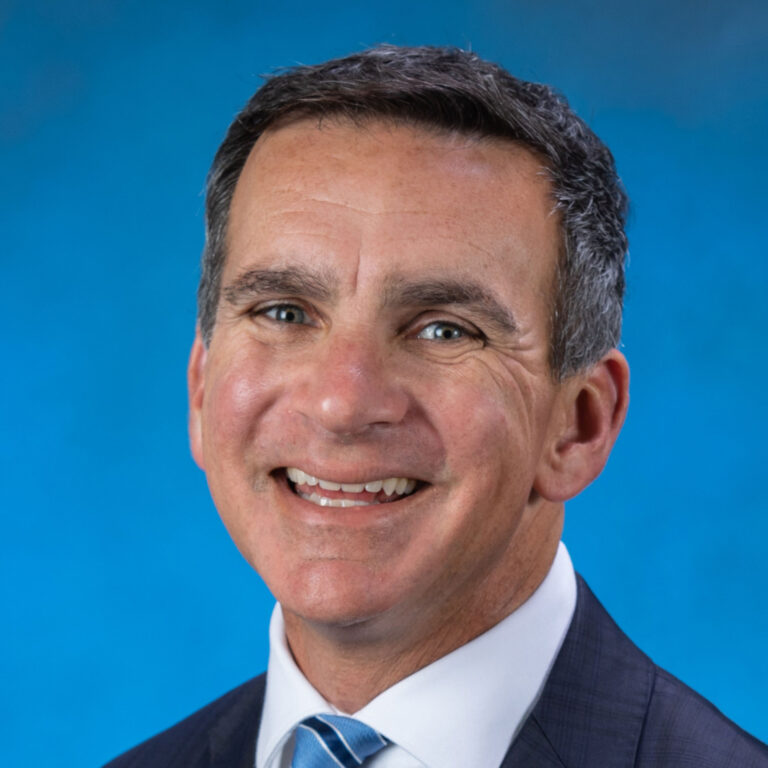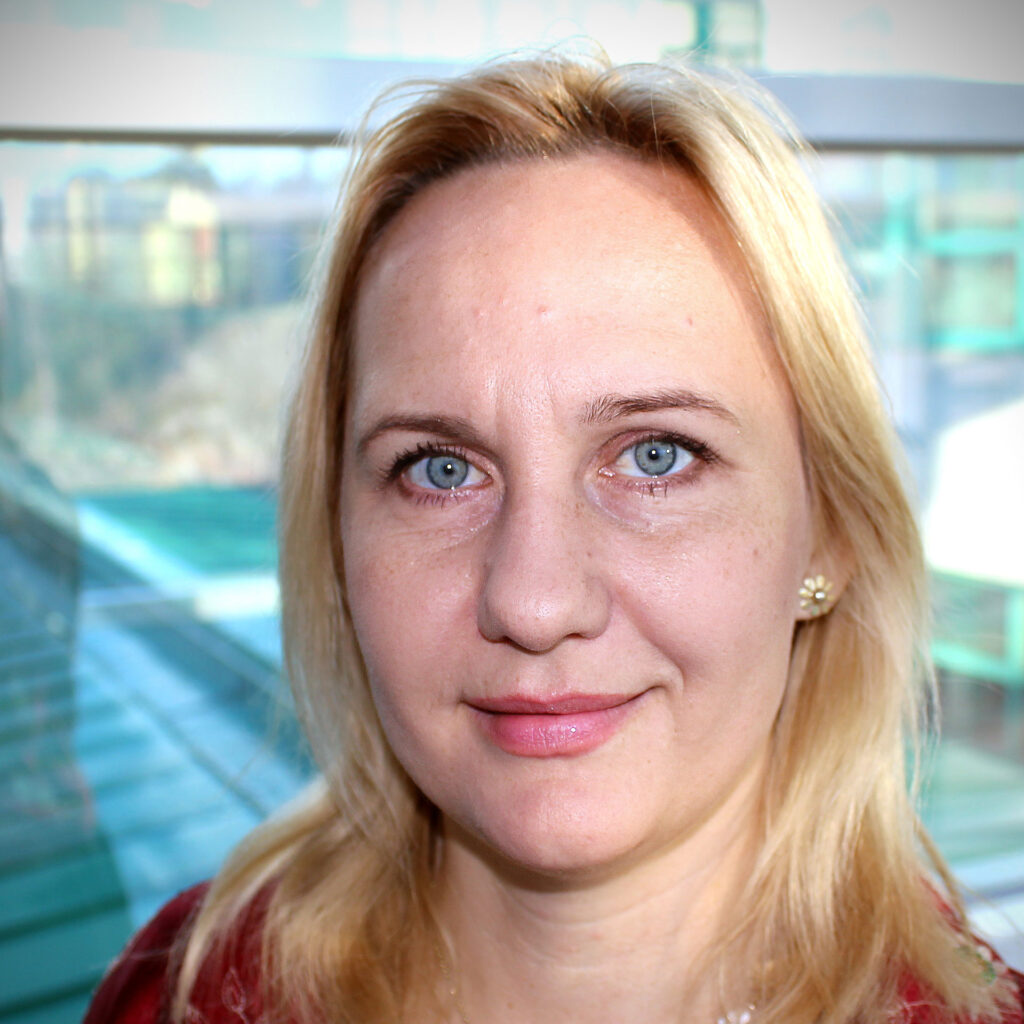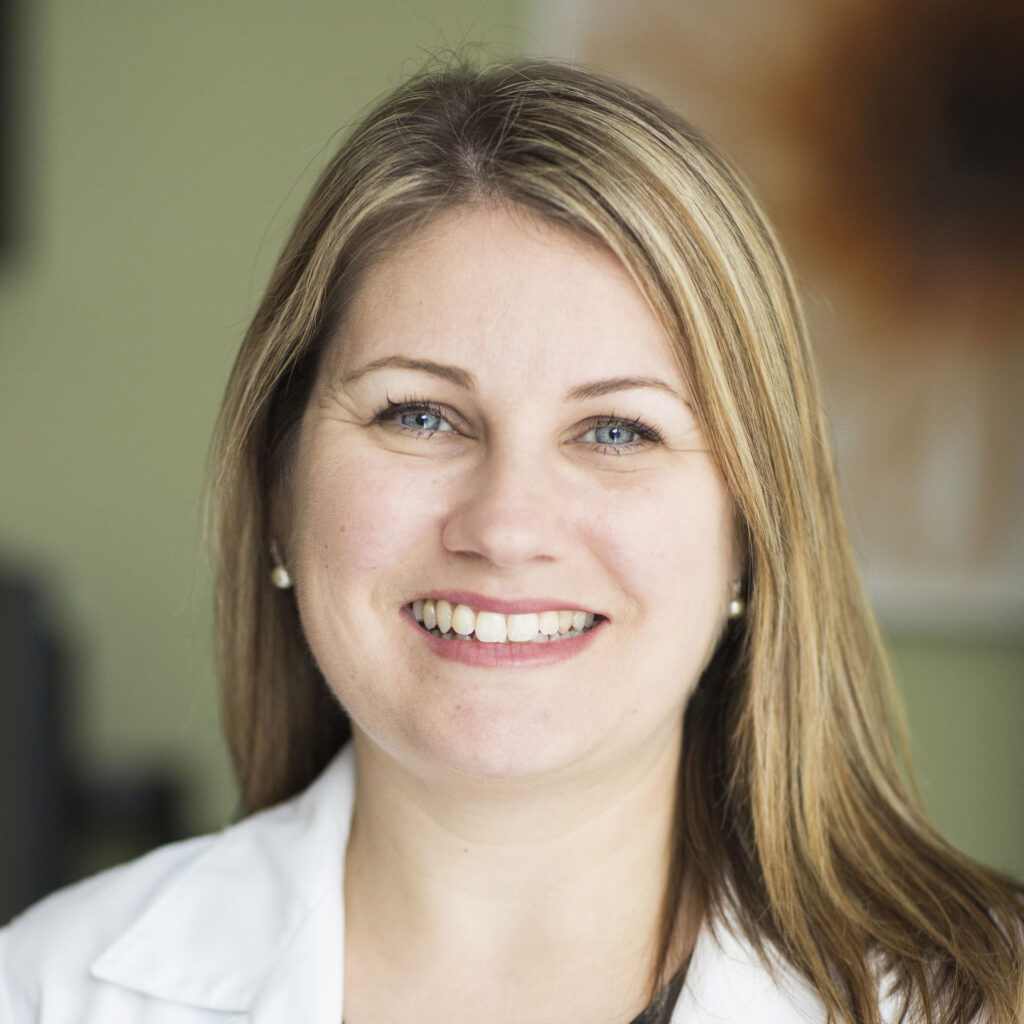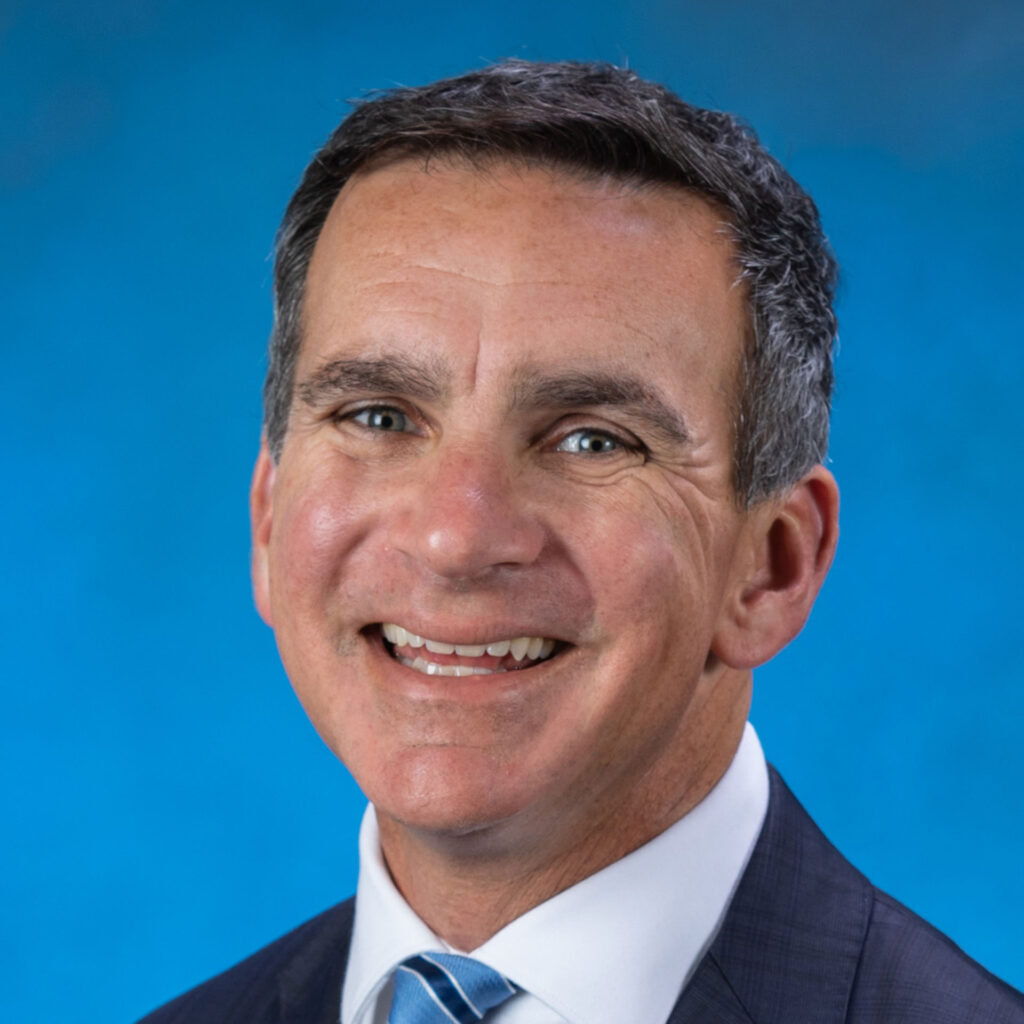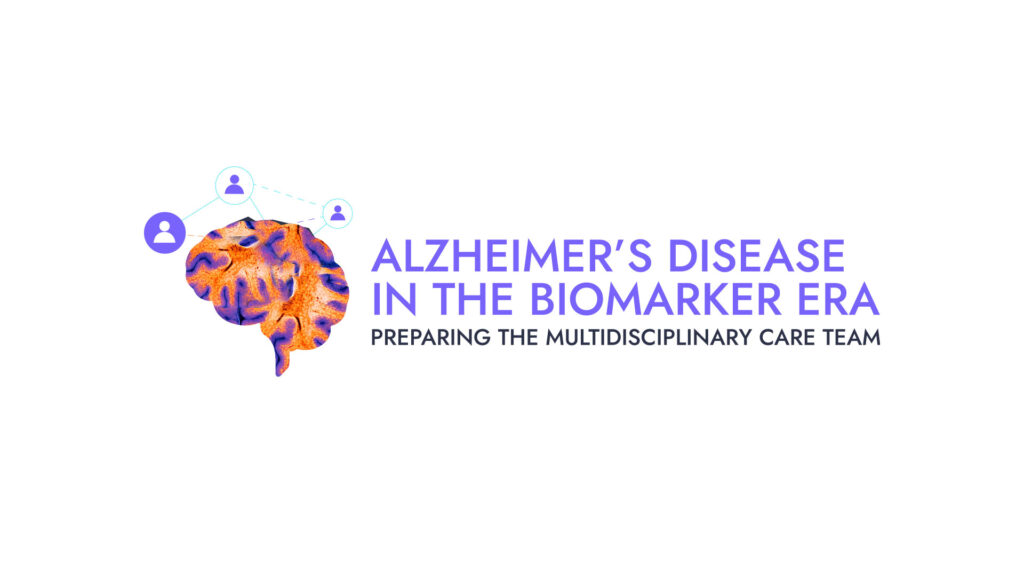Professor Dorota Religa – MD, PhD specializes in geriatrics, including neurogeriatrics, and is a full professor of geriatrics at Karolinska Institutet in Stockholm, Sweden. Professor Religa graduated from the Medical University of Warsaw in 1999 and obtained her PhD from Karolinska Institutet in 2006. Professor Religa is a Deputy Head of Division of Clinical Geriatrics at Department of Neurobiology, Care Sciences and Society, Karolinska Institutet, Stockholm, Sweden, where she also works clinically. She conducts postgraduate/master’s studies in the field of Alzheimer’s disease for physicians. She is in the Board of the Swedish Geriatrics Society and the Medicines Committee of the Senior Health Initiative. Professor Religa is a member of the Academic Board at the European Geriatrics Society (EuGMS).
Disclosures
Nothing to disclose


